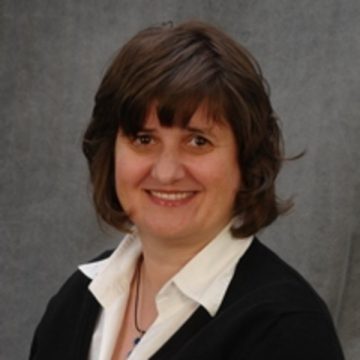Dr. Szilvia Adam is a sociologist and economist. She obtained her PhD in Clinical Medicine at the Semmelweis University. She is an associate professor at the Centre for Social Care Excellence and a supervisor at the Mental Health Sciences Doctoral School at Semmelweis University. Dr. Adam had been teaching medical sociology at the Institute of Behavioural Sciences before she joined the Health Services Management Training Centre at Semmelweis University where she teaches organisational development, management and leadership.
Dr. Adam has been conducting research in the fields of organisational psychology, health sciences and clinical medicine, e.g., work-family conflict, burnout, stress, the psycho-biology of gender differences in well-being, childhood chronic abdominal pain, and the psychosocial and socioeconomic correlates of mathematical anxiety.
